“Swiss umma” project takes shape
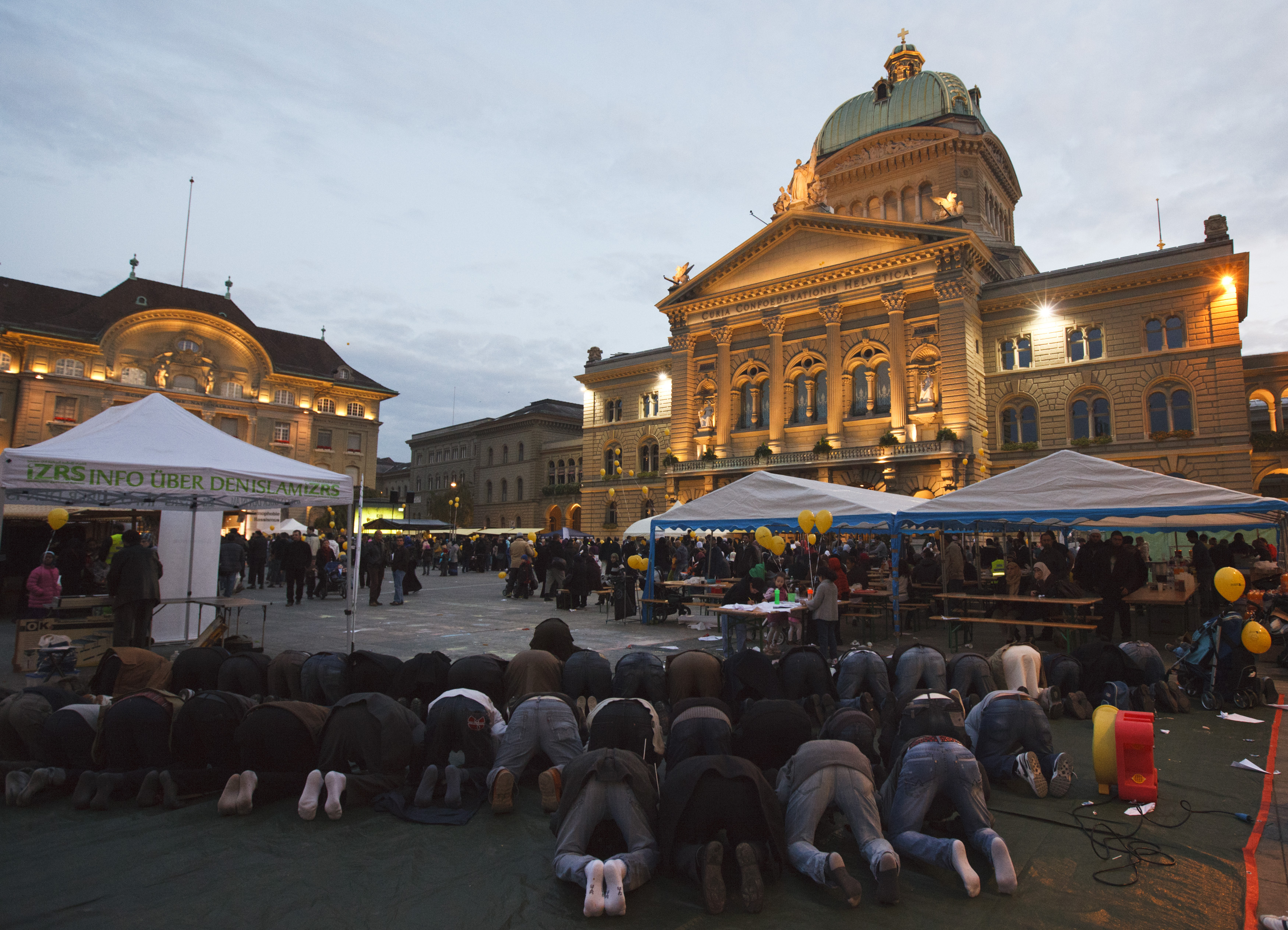
An initiative to create a democratically elected body representing Switzerland’s 400,000 Muslims, a so-called “Swiss umma”, is steadily gaining ground.
The organisers say the parliament could be up and running by next year. But certain critics question whether the Muslim body will see the light of day or actually makes sense.
“Our goal is to create a legitimate democratic believers’ community that represents all of Switzerland’s Muslims,” Farhad Afshar, president of the Coordination of Islamic Organisations of Switzerland (KIOS), told swissinfo.ch.
KIOS and the Federation of Islamic Organisations in Switzerland (FIOS) are the two leading groups behind the “Swiss umma” idea, which has been circulating since 2009, and which they claim could be in place by as early as 2013.
They believe a new grassroots community would improve understanding of Muslim issues among the authorities and the general population.
“The parliament should agree on social and political questions that concern Muslims so that we can talk with one voice,” FIOS president Hisham Maizar told the Südostschweiz newspaper.
It would also be an important step towards the formal recognition of Islam as an official religion, says Afshar.
“Whenever this question is raised the answer is always that you are not democratically organised and your groups do not represent the Swiss Muslim community. With such an organisation we can speak on the same level,” he commented.
Basel test
The alpine country of more than seven million people is home to around 400,000 Muslims, mainly from Bosnia, Kosovo and Turkey, but also from North Africa and the Middle East. They are represented by 300 associations, and several umbrella organisations, but only 72,000 Swiss Muslims are actually members.
After contacting Catholic, Protestant and Jewish groups for advice, the initiators have formed a commission of public law and Islamic legal experts to examine the new body’s future statutes to ensure they respect federal and cantonal legislation.
This process should be finalised by summer so that a test election to choose Muslim representatives in canton Basel City can go ahead in autumn. Elections throughout the rest of Switzerland could take place next winter, they say.
Any Muslim who is a Swiss resident, whatever their nationality, could stand in the elections to the national body, explains Afshar.
Getting organised
Coordination and representation issues have been ongoing headaches for years.
This month the Organization for Security and Co-operation in Europe (OSCE) released a report on tolerance issues in Switzerland recommending the formation of an umbrella organisation for all Swiss Muslims.
Hafid Ouardiri, general-secretary of the Geneva-based interfaith foundation Entre-Connaissance, felt there was a real need for a representative body for all Swiss Muslims.
“Getting organised is always useful, but it needs to be done democratically,” he said. “I think it’s good to have a common voice as lots of subjects get deformed through communication.”
But the initiative has sounded alarm bells on the Swiss political right.
“The [parliament] idea looks like another drive to create a parallel Muslim society in Switzerland,” said Lukas Reimann, a Swiss People’s Party parliamentarian from St Gallen, who was heavily involved in the anti-minaret vote in 2009.
Make sense?
Nicolas Blancho, president of the Islamic Central Council of Switzerland (ICCS), a new group which has some 2,000 members, said he had not been given any details about the project.
“And we don’t see how it can be realised since the organisations have neither the financial means nor the necessary structures to carry out such a project,” he said.
Religious specialists, meanwhile, question whether the concept actually makes sense.
“I can understand people’s wish to have a body that can speak with a certain weight with the authorities or in public on behalf of Muslims,” said Andreas Tunger-Zanetti, from the Religion Research Centre at Lucerne University.
“But I’m not sure all Muslims in Switzerland are interested in this initiative, even among the ten to 15 per cent who practise their religion actively.”
Neither the ICCS, the KIOS nor the FIDS are in any way representative of the 400,000 Swiss Muslims, but the same can also be said to a certain degree about Swiss Christian organisations, he noted.
“I think the federal authorities would not hinder the creation of such a body, but they would not promote it either,” he said, adding that the organisers were “still a long way off” realising their dream.
Stéphane Lathion, head of a research group on Islam in Switzerland at Lausanne University was generally sceptical: “It’s counterproductive. We need to stop putting religion where it’s not appropriate. We should stop talking about Islam and Muslims and be more imaginative and talk about education, urbanism and health.”
Lathion said the huge diversity among the Swiss Muslim community was a great wealth, but also an obstacle to closer coordination, and pointed to failed attempts to form national Muslim umbrella organisations in Belgium, France, Spain and Britain.
“It’s legitimate for the state to have one contact person instead of 50 but if we see it doesn’t work we have to be a bit more original,” he told French public radio.
There are thought to be about 400,000 Muslims in Switzerland, nearly 90 per cent of them of foreign origin. They are mainly from Bosnia, Kosovo and Turkey, but also from North Africa and the Middle East. About 10,000 are Swiss converts.
There are 300 Muslim associations in Switzerland, and several umbrella organisations, but only 72,000 Swiss Muslims are actually members.
The size of the Muslim community as a percentage of the population has grown from 2.2% in 1990 to 4.3% in 2000.
Three-quarters of the Swiss population is Christian: 42% Catholic, 35% Protestant and 2.2% other Christian denominations.
Organization for Security and Co-operation in Europe (OSCE) experts who visited Switzerland in November warned in a recent report that intolerance and discrimination against Muslims had increased since 2001, and were being exploited by “the extreme right and populist parties”.
“Groups like Bosnians and Albanians, who were previously defined by their ethnicity, are now identified by their religion,” they found.
The report also cites discrimination against Muslims when they apply for citizenship or look for jobs. The experts warned against increasing instances of anti-semitism on the internet.
Discussions between Muslim civil society groups and the federal authorities, initiated in 2009 after the minaret vote, are set to continue in 2012 but with an emphasis on local-level initiatives.
“We will invite our partners to reflect on the cantonal and communal implementation of a document that was finalised by consensus at the end of 2011,” Michele Galizia, head of the anti-racism service at the interior ministry, told the Swiss News Agency.
The “Dialogue with the Muslim population” report outlines eight measures to be pursued: the recruitment and training of religious teachers; comprehensive study of Swiss Muslim community; Islam and the military service; diversity in the federal authorities; religion and public health; Islam and the media; and young Muslim initiatives.

In compliance with the JTI standards
More: SWI swissinfo.ch certified by the Journalism Trust Initiative

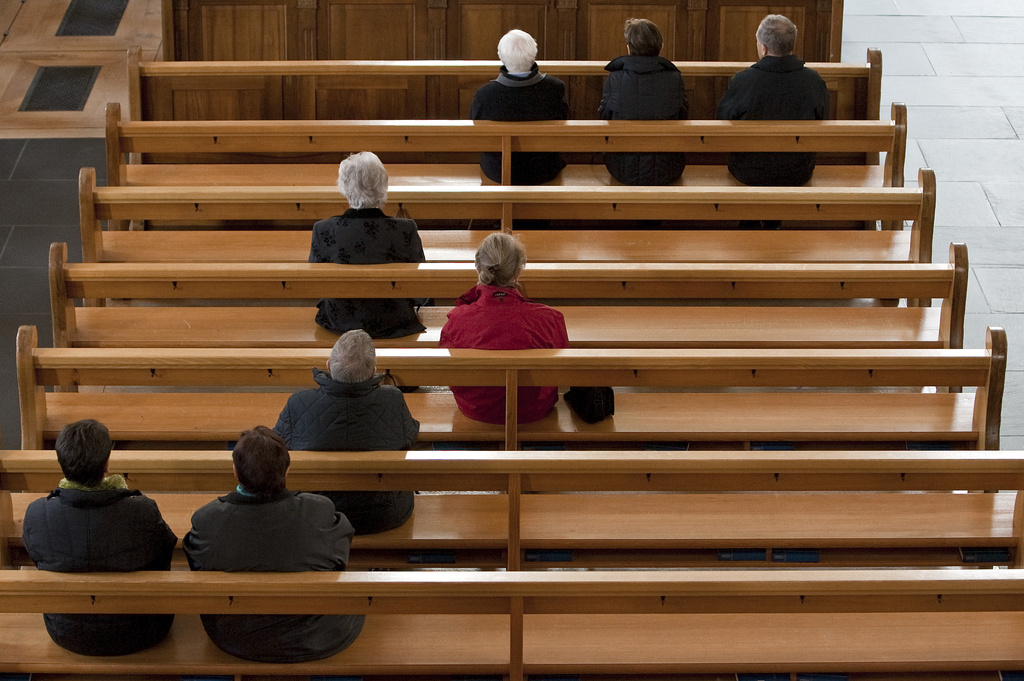
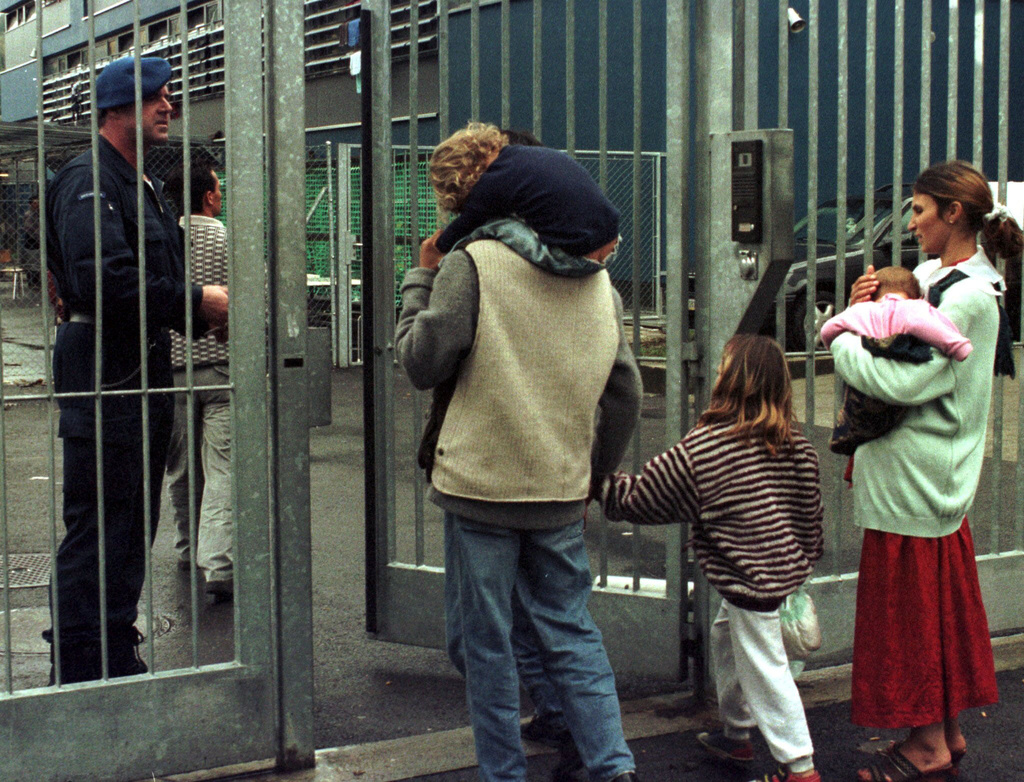
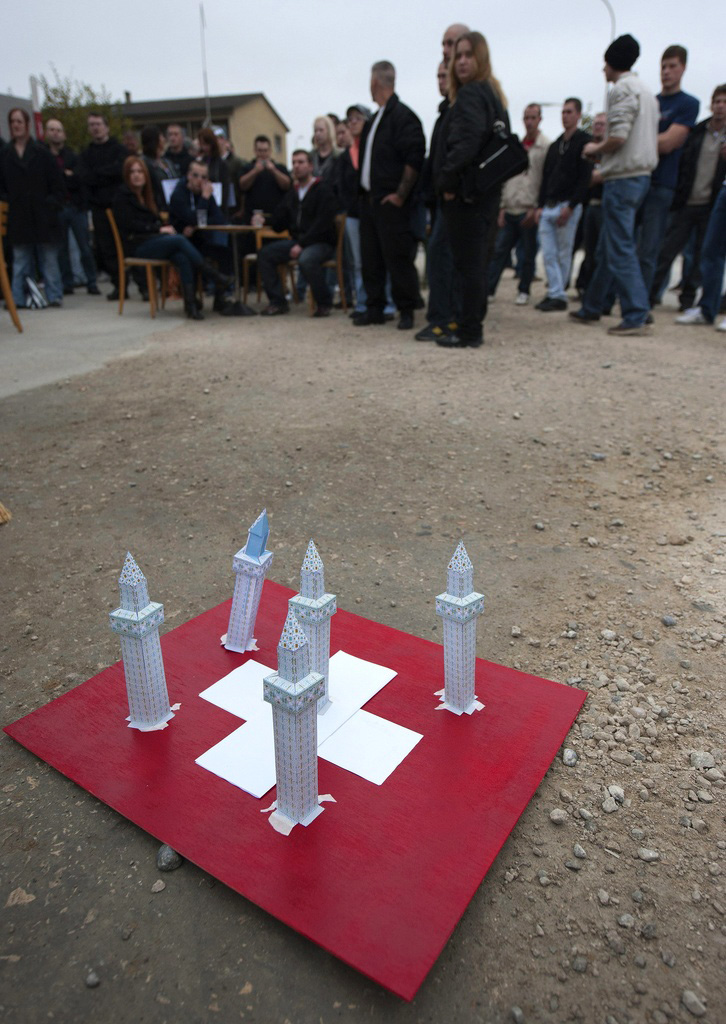
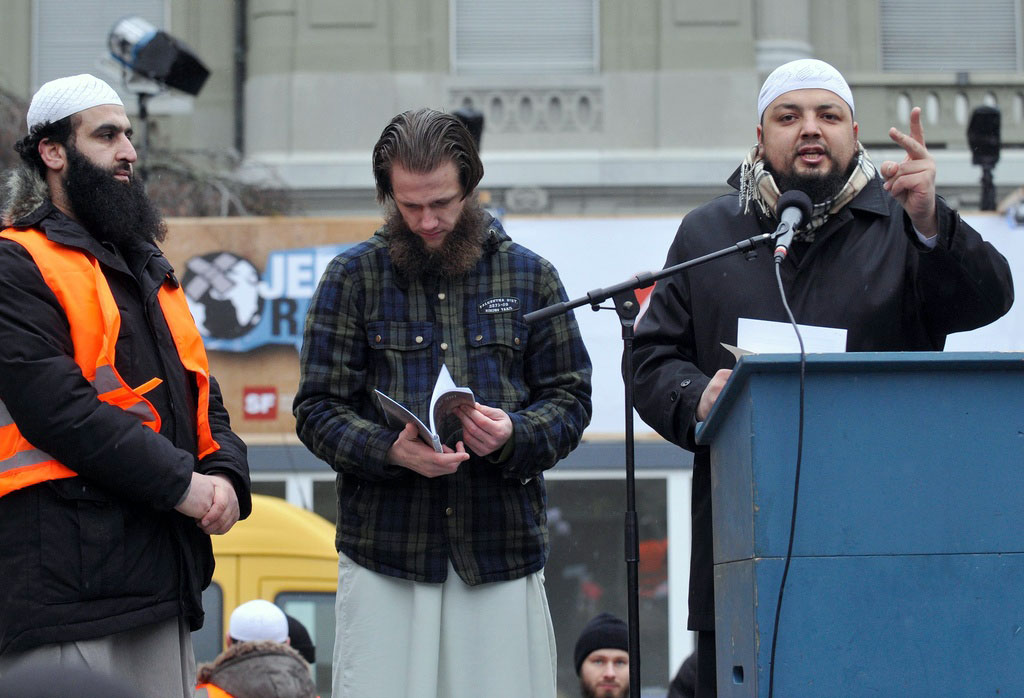
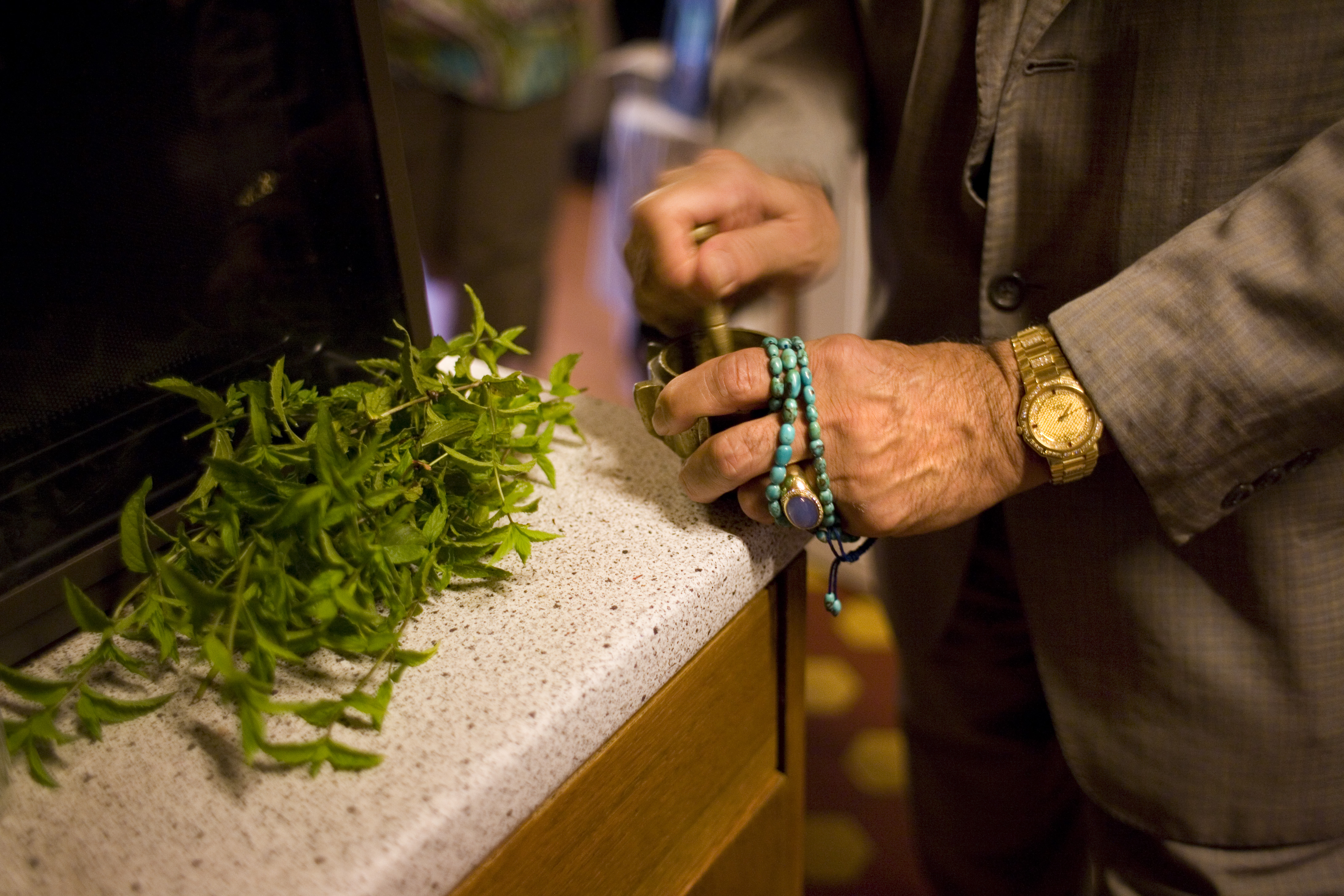
You can find an overview of ongoing debates with our journalists here . Please join us!
If you want to start a conversation about a topic raised in this article or want to report factual errors, email us at english@swissinfo.ch.